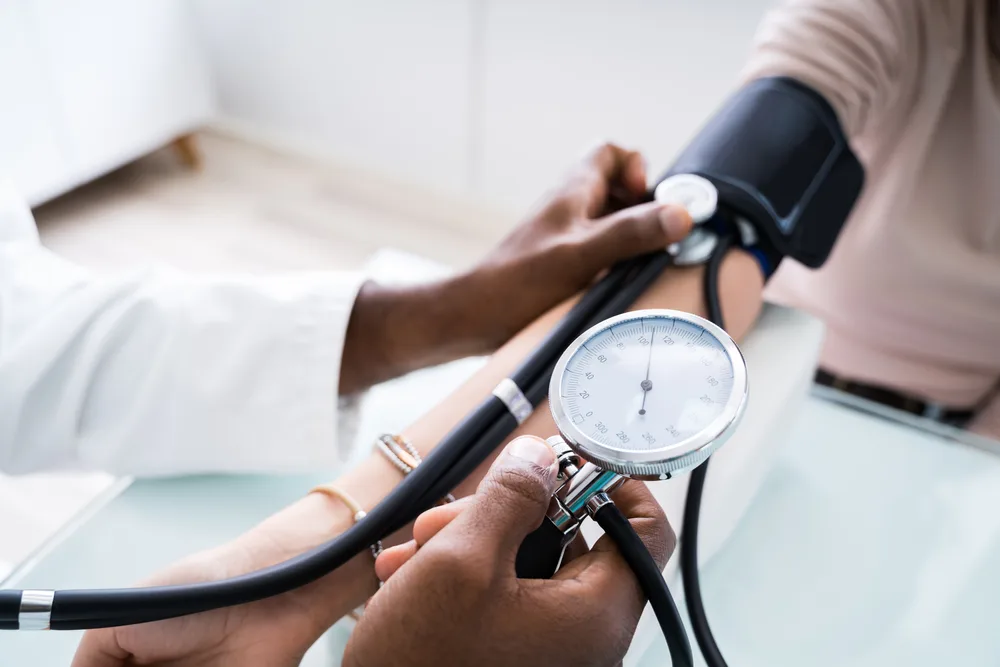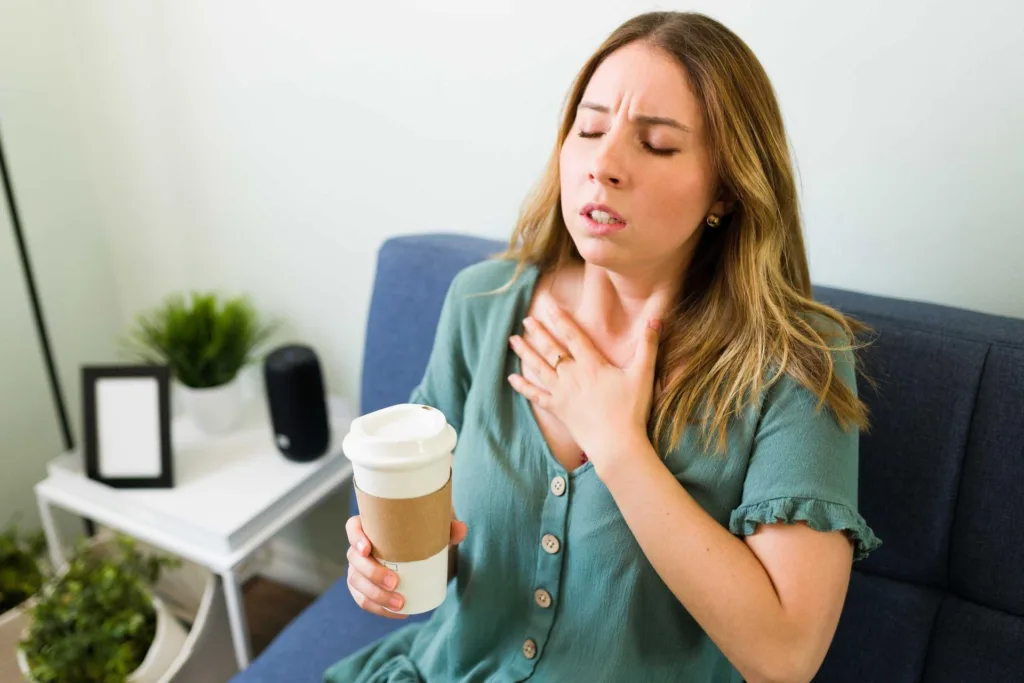Lastest Articles
-

171/101 Blood Pressure: What Does It Tell About Your Health?
171/101 blood pressure: Is it dangerous? Blood pressure has two components: systolic, the higher number or top number, and diastolic, the bottom number. Systolic occurs when the heart contracts and pumps blood with force, while diastolic is the pressure during the resting phase between the heartbeats (1). Blood pressure is measured in millimeters of mercury […]
-

153/97 and 142/79 Blood Pressure: Good or Bad News?
142/79 blood pressure and 153/97 blood pressure: What do they indicate about your health? When evaluating blood pressure values, physicians focus on more than just the number to establish a diagnosis or assess cardiovascular risk. A value such as 153/97 can have very different meanings depending on the context. For example, a measurement of 153/97 […]
-

119 Over 77 Blood Pressure: What It Says About Your Health?
119 over 77 blood pressure: Is it good or bad? Before discussing the meaning of 119 over 77 blood pressure numbers, we should start with what is blood pressure. What is blood pressure? Blood pressure is the force that your blood is applying against your blood vessels. There are two numbers: systolic and diastolic. Systolic […]
-

Heart Palpitations and Headache: Connections and Treatments
Heart palpitations and headache —Causes and treatments? Sometimes your heart might start racing when you have a headache. Many conditions and lifestyle factors could cause these two symptoms. A fast heartbeat and headache may not be a big deal, yet sometimes they can be your body’s alarm bells. Let’s explore the possible reasons and how […]
-

Can Dehydration Cause Rapid Heart Rate and Chest Pain?
Dehydration and heart rate: Exploring the connection Our bodies are made up of around 55%‒65% water. Our hearts, particularly, contain a remarkable 73% water content (1, 2). However, per the lay press, over 75% of Americans face chronic dehydration, though this is not fully supported by medical literature, in which their bodies lose more water […]
-

Why Does Heart Race After Eating: Causes and When To Worry
Why does heart race after eating: Facts you should know Heart palpitations are rapid pulsations or abnormally rapid or irregular heart beating. They are often described as the perception of a skipped beat, rapid fluttering in the chest, pounding sensation in the chest or neck, or a flip-flopping in the chest (1). Heart palpitations during […]
-

Does Stress Cause Heart Attacks? What Research Shows?
Can stress cause heart problems? The underlying connections In ancient times, the heart was considered the source of emotions, including stress. However, in the 17th century, they discovered that feelings stem from the brain. That’s when people realized that the heart was just a metaphor (1). Our ancestors had a point when they believed emotions […]
-

Can GERD Cause Heart Palpitations? Causes and Treatments
Can acid reflux cause heart palpitations? Heart palpitations are related to the heart, whereas reflux disease falls under the digestive category. Some people connect the two since the stomach is located near the heart. Is there any scientific evidence to back this idea? What are acid reflux and heart palpitations? When your heart’s electrical rhythm […]
-

What To Do When Having a Heart Attack? Save Others and When Alone
Can you stop a heart attack: What are the facts? In developed nations, heart attacks are a leading cause of death. With an alarming prevalence spanning nearly three million people, the disease claims the lives of over one million U.S. citizens each year (1). In fact, a third of patients die before they can get […]
-

What Are the Best Exercises for Heart Health and Why?
Why is exercise good for your heart? Exercising regularly also means putting your heart and muscles to work regularly. It will pay off by amping up your heart’s power, making sure blood reaches every corner of your body. More oxygen may also get to your muscles thanks to those widened capillaries (1). The trick is […]









